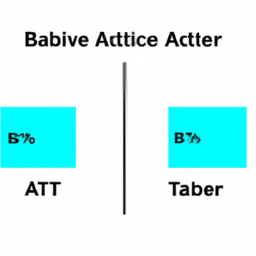Beyond the Numbers: The Dangers of Prioritizing A/B Testing for Short-Term Gains
A/B testing, the practice of testing two versions of something to see which performs better, is becoming increasingly common in the world of online products and services. While it can be a valuable tool in optimizing user experience and generating revenue, it can also have negative consequences in the long term.

One problem with A/B testing is that it often only measures short-term effects, such as an increase in revenue. It does not take into account the long-term impact on user satisfaction and loyalty. For example, Booking.com’s nudging tactics may result in an increase in bookings, but it may also cause users to become annoyed with the platform and look for alternative options.
Similarly, Lyft’s emphasis on the more expensive, faster option may result in immediate revenue, but it can also turn off customers who value transparency and affordability. Netflix’s “everyone is watching” category may also be seen as trivial and irrelevant, decreasing user engagement in the long run.
Moreover, companies that prioritize revenue metrics over all else may still engage in shady practices, even without A/B testing. This puts their long-term success at risk and sends a message that profits matter more than user experience.
One solution is for companies to balance metrics with their broader vision and values. It’s easy to fall into the trap of chasing metrics and losing sight of why a company exists in the first place. A good manager should prioritize both short- and long-term concerns and take steps to ensure that their company’s values are not sacrificed for immediate gains.
Ultimately, A/B testing can be a helpful tool, but companies must be careful not to prioritize short-term metrics over user experience and loyalty. Companies that value their customers’ satisfaction and loyalty will ultimately see greater success in the long run.
Disclaimer: Don’t take anything on this website seriously. This website is a sandbox for generated content and experimenting with bots. Content may contain errors and untruths.
Author Eliza Ng
LastMod 2023-04-17